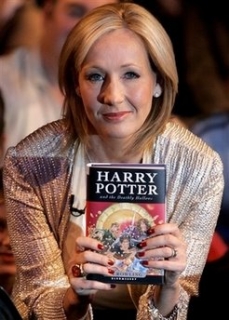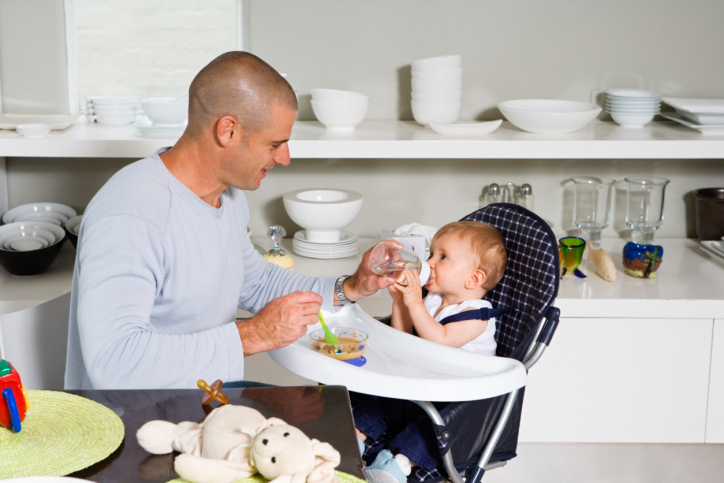
- •9A Life changes
- •Redundancy was the best thing that ever happened to me
- •Vocabulary exercises Ex.3 Read the following definitions and match them with active words and expressions.
- •Vocabulary: metaphors
- •Imagine that you have just made a big life change. Use your imagination. Write your answers to the questions in note form.
- •7B Happy birthday
- •Vocabulary: Life Stages
- •Maria prepares to celebrate her 110th birthday
- •Vocabulary exercises Ex.23 Read the following definitions and match them with active words and expressions.
- •Ex.27 Read the following definitions and match them with the words below.
- •7C Dilemmas
- •A t a Crossroads
- •Vocabulary exercises Ex.33 Read the following definitions and match them with active words and expressions.
- •Getting on in life
- •Idiomatic expressions
- •The Infinitive constructions.
- •The Complex Object
- •Articles. Revision.
- •The Planets and Their Names
- •The Telephone
- •How do you feel about working conditions today? Do you think that things have got better or worse? Why?
- •Work with a partner and look at the photos. Say how you think going to work has changed in the last 100 years and why.
- •Downsizing is when a company reduces staff or offices in order to become more efficient. Skim the article to find out what downshifting is.
- •Read the article again more carefully and answer questions 1-7.
Vocabulary: metaphors
Ex.12 The sentences below contain metaphors of life as a journey. Translate them into your own language.
Her life took an unexpected turn.
Her life was at a crossroads.
She and her husband went their separate ways.
She embarked on a new stage of her life.
She felt that it was time to move on.
She realized that there was no turning back.
She wanted to take a new direction.
Suddenly, her life took off.
Ex.13 Complete the text with the phrases in bold in exercise 12.
J K
Rowling was born in Bristol on July 31st,
1965. After graduating from Exeter University, she worked as a
translator and researcher for Amnesty International in London. But
she wanted to (1)__________ and she moved
to Portugal. There she (2)__________
on a new career as an English teacher and
fell in love with a Portuguese journalist. But their marriage ended
in divorce and the couple (3)__________. Rowling suddenly found
herself (4)__________. Should she stay in Portugal and continue
teaching or return to the UK? She decided that it was time to
(5)__________. She went back to Edinburgh with her baby daughter and
that's where her life (6)____________. For years, she had had an idea
for a book and she now completed Harry Potter and
the Philosopher’s Stone. The book
(7)__________ immediately and when Hollywood bought the film rights
to Harry Potter, there was (8)__________.
K
Rowling was born in Bristol on July 31st,
1965. After graduating from Exeter University, she worked as a
translator and researcher for Amnesty International in London. But
she wanted to (1)__________ and she moved
to Portugal. There she (2)__________
on a new career as an English teacher and
fell in love with a Portuguese journalist. But their marriage ended
in divorce and the couple (3)__________. Rowling suddenly found
herself (4)__________. Should she stay in Portugal and continue
teaching or return to the UK? She decided that it was time to
(5)__________. She went back to Edinburgh with her baby daughter and
that's where her life (6)____________. For years, she had had an idea
for a book and she now completed Harry Potter and
the Philosopher’s Stone. The book
(7)__________ immediately and when Hollywood bought the film rights
to Harry Potter, there was (8)__________.
Listen to the recording to check your answers. (tr.1.55)
Ex.14 Work in pairs. Discuss these questions.
Do you know anyone whose life has taken an unexpected turn?
Have you ever made a decision and felt that there was no turning back?
Have you ever felt that you were at a crossroads in your life?
Have you ever wanted to take a new direction in life? What did you do?
Listening
Ex.15 (tr.1.56) Listen to an interview with a man whose life has taken a new direction. Answer the questions.
How has his life changed?
How has this changed his day-to-day life?
E x.16
(tr.1.56) Listen again and answer the questions.
x.16
(tr.1.56) Listen again and answer the questions.
Why did he decide to leave his job?
Why didn't his wife leave her job?
Why did he feel guilty about going to work?
How long has he been looking after Ben?
Does he enjoy his new lifestyle?
Is it an easy lifestyle?
Would he like to go back to work one day?
Would you be happy as a 'stay at home' parent? Why or why not?
Speaking
Ex.17 Work in pairs. Look at the list of life-changing events below and discuss these questions.
W
 hich
are the three most important changes?
hich
are the three most important changes?Which is the most difficult decision to make?
Which is the easiest change to deal with? Which is the most stressful?
Have you had to make any of these changes in your life? If yes, what difficulties (if any) did you face?
Imagine that you have just made a big life change. Use your imagination. Write your answers to the questions in note form.
What change have you just made?
Why did you decide to make this change?
How long have you been doing what you are now doing?
What difficulties did you face at the beginning?
Are you happy with the change?
Are there any aspects you particularly enjoy? Are there any that you really don't like?
How long do you think you'll continue with this new lifestyle?
Ex.18 Work in pairs. Interview your partner about their life change. Find out as much as you can about their new lifestyle.
Useful language
I think the most difficult thing was ...
I really didn't know what to expect...
At first I was excited/nervous/unsure ...
It took me some time to ...
From the start I really enjoyed/loved/hated ...
It's the best thing I've ever done!
I'd recommend it to anyone!
Did you know?
E x.19
Work in pairs. Read the information
and discuss these questions.
x.19
Work in pairs. Read the information
and discuss these questions.
From a legal point of view, life in England and Wales begins at the age of ten. The law says that children from ten upwards can understand the consequences of their actions. The next big birthday is at sixteen, when you can leave school, get a job and pay tax and smoke. You can also leave home and get married (if your parents agree). At seventeen, you can drive or ride a small motorbike. At eighteen, you can get married without your parents' permission and you can finally vote. You can also buy alcohol, play the National Lottery and get a tattoo.
Are these ages the same or different in your country?
What do you think the various minimum legal ages should be?
